As 2G/3G services are shut down in favour of 4G networks, interoperability issues between handsets and networks may cause end-users to be unable to have any voice or SMS services, including emergency calls.
Table of contents
A lack of interoperability between handsets and 4G networks may cause international roamers (people visiting other countries) to not have any voice or SMS service during their stay. This could mean that they would not be able to place a call to emergency services.
The aim of wireless communication is to provide a fast, efficient service. The ‘G’ simply stands for ‘generation’ – 2G meaning 2nd Generation, 3G meaning 3rd Generation, and so on. Each new generation represents a big leap in technology that allows us to communicate more information faster.
For example, 2G enabled voice calls and SMS (texts) to be sent via mobiles. 3G enabled access to the Internet, while 4G enabled a mobile broadband connection allowing for very fast transfer of data. 2G, 3G, and 4G are vastly different in terms of technology. This means that technology (like phones and SIM cards) that work on 2G and 3G may not work on 4G.
If your phone or network does not support a 4G service, usually, your phone will find a 2G/3G network to connect to. This often happens when you are roaming (visiting another country). However, many countries like the USA have already shut down their 2G/3G networks, as they focus on the faster and more efficient 4G service. This means that you would be unable to receive or make any calls or send texts, including to emergency services. It is likely you would be unaware of this until you arrive in the country, or even until you try to make a call or send a text. There is no doubt that this issue puts lives at risk. EENA takes this problem very seriously as it prevents some people from being able to calling emergency services.
In the future, this may also occur in Europe when 2G and 3G networks are phased out unless action is taken to ensure full interoperability between all devices and networks on 4G.
This issue is less of a problem in Europe, where a lot of critical infrastructure still relies on 2G and 3G services (like utility smart meters and eCall). However, this does not make the issue redundant in Europe – it only gives us more time to solve it. There will come a time when 2G and 3G networks are shut down in Europe.
what is EENA doing About the issue?
EENA is advocating for public safety and is raising awareness around this issue.
Our short-term focus is to ensure that end-users are well aware of this issue, so that they may prepare accordingly.
Our longer-term focus is to ensure that we mobilise stakeholders so that they may work together and resolve this issue as soon as possible. In July 2022, we wrote to 31 National Regulatory Authorities and a number of European organisations responsible for the management of telecommunications to make them aware of this issue. We have had positive engagement from stakeholders, including several formal responses and ongoing collaboration.
Useful Resources
Can you tell me More?
If you would like to know more about the technological reasons behind these interoperability issues, including potential resolutions, you can watch our webinar with Rudolf van der Berg (Stratix Consulting) and Freddie McBride (EENA’s Director of Digital Communications, Policy and Regulation) here. You can also read their article, published in the Crisis Response Journal, here.

